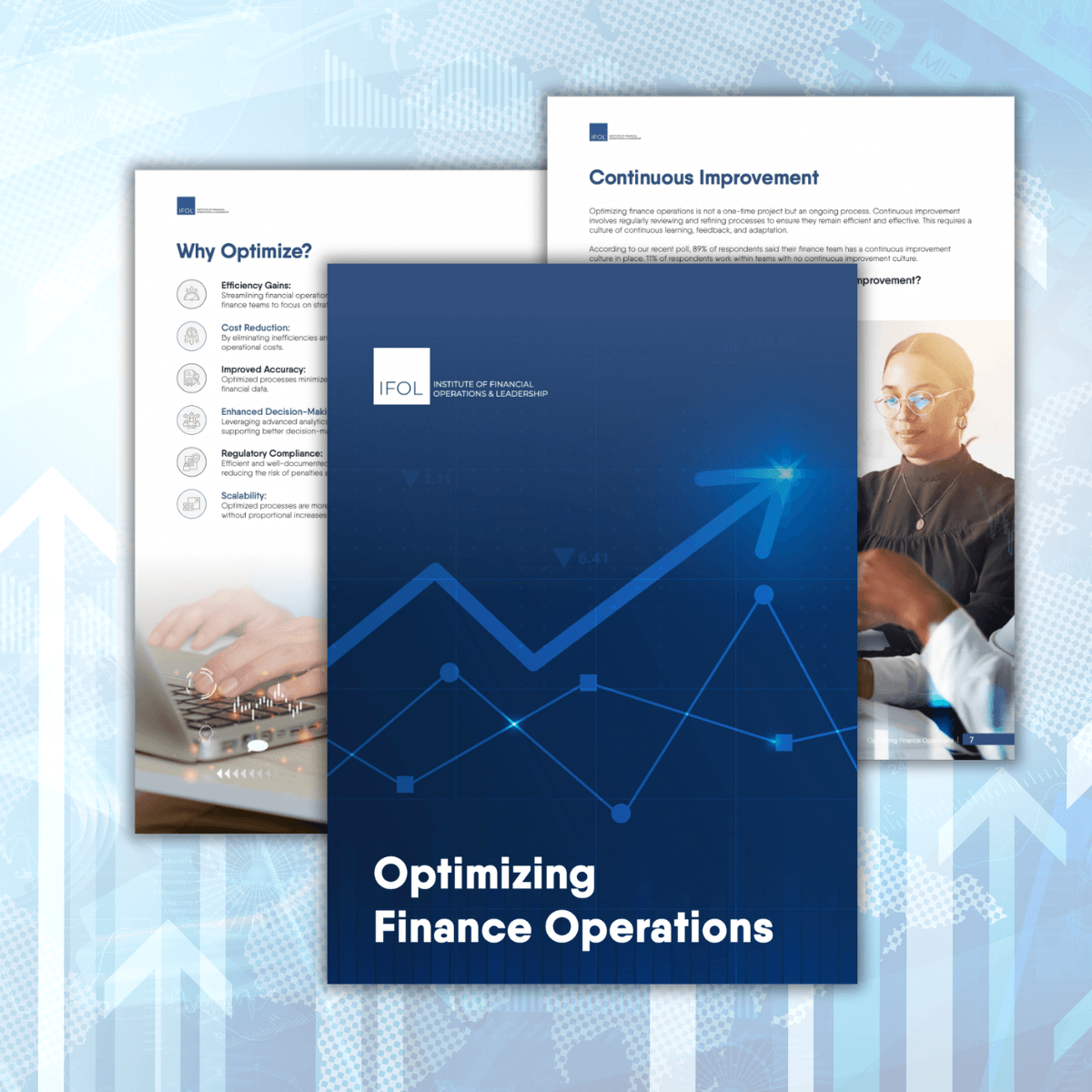In the intricate dance of business operations, the Accounts Payable (AP) department plays a crucial role. It’s the hub where invoices are processed, payments are made, and financial transactions are recorded. However, this critical function can also be a hotspot for fraudulent activities if proper controls and vigilance aren’t in place. Accounts Payable fraud, unfortunately, is more common than many businesses realize, often slipping under the radar until significant financial losses occur.
In our 2024 research study, over half of the finance teams we surveyed (55%) would not be able to spot fraud immediately.
To safeguard against such risks, it’s essential to recognize the red flags that may indicate potential fraud within the AP process.
1. Unusual Vendor Activity:
Keep a close eye on vendors exhibiting abnormal patterns, such as sudden increases in the frequency or size of transactions. Be wary of new vendors with limited or no background checks.
2. Duplicate Invoices or Payments:
Instances of duplicate invoices or payments could signal intentional manipulation. Implement automated systems or manual checks to detect and prevent such occurrences.
3. Frequent Adjustments or Write-Offs:
An unusually high number of adjustments or write-offs in accounts payable records may indicate attempts to cover up fraudulent activities. Investigate the reasons behind these adjustments thoroughly.
4. Altered Payment Instructions:
Changes in vendor payment details, such as bank account numbers or addresses, without valid reasons could be a sign of fraudulent activities aiming to divert funds to unauthorized accounts.
5. Unusual Employee Behavior:
Pay attention to employees exhibiting sudden lifestyle changes, financial difficulties, or behaviors indicating potential financial stress. These could be indicators of employees engaging in fraudulent activities.
6. Missing Documents or Incomplete Records:
Inadequate documentation or missing records related to invoices, approvals, or payments may signify attempts to conceal fraudulent transactions. Ensure robust record-keeping practices are in place and regularly monitored.
7. Segregation of Duties Violations:
Lack of segregation of duties within the AP process increases the risk of fraud. Individuals should not have unchecked control over multiple stages of the payment process, including invoice approval, payment authorization, and reconciliation.
8. Lack of Vendor Validation:
Failure to validate the legitimacy of vendors or inadequate due diligence before onboarding new vendors can open the door to fraudulent schemes involving fictitious or shell companies.
9. Unauthorized Purchases or Services:
Instances of unauthorized purchases or services billed to the company may indicate collusion between employees and vendors to siphon off funds illicitly.
10. Unexplained Inventory Discrepancies:
Discrepancies between inventory records and actual inventory levels could be linked to fraudulent activities, such as fictitious purchases or inventory theft, orchestrated through the AP department.
11. Pressure to Meet Targets or Deadlines:
Excessive pressure on AP staff to meet financial targets or deadlines without adequate resources or support may create an environment conducive to fraud, as employees may resort to unethical practices to avoid repercussions.
12. Inadequate Training and Awareness:
Lack of training and awareness among employees regarding fraud risks and prevention measures can leave the organization vulnerable to exploitation. Invest in training and certification programs to educate employees about the importance of ethics and integrity in financial processes.
13. Weak Internal Controls:
Insufficient internal controls, such as lax approval processes, limited oversight, or outdated software systems, provide opportunities for fraudulent activities to go undetected. Regularly review and strengthen internal controls to mitigate risks effectively.
14. Unusual Financial Ratios or Trends:
Monitor financial ratios and trends for anomalies that may indicate irregularities in accounts payable transactions, such as sudden fluctuations in expenses or discrepancies between budgeted and actual costs.
15. Tip-offs or Whistleblower Allegations:
Take seriously any tip-offs or whistleblower allegations related to potential fraudulent activities within the AP department. Establish clear channels for employees to report suspicions confidentially and ensure prompt investigation and resolution of reported concerns.
How to spot the red flags with AI
The fight against accounts payable fraud demands a multifaceted strategy that leverages the latest finance technology. Integrating artificial intelligence (AI) and machine learning capabilities can provide an extra layer of defense against fraudulent activities. AI-powered systems have the capacity to analyze vast amounts of data, detect patterns, and identify anomalies in real-time, enabling organizations to pinpoint red flags for potential fraud with greater accuracy and efficiency.
By harnessing the power of AI, businesses can enhance their fraud detection capabilities, uncovering suspicious activities that may elude human scrutiny alone. These sophisticated algorithms can sift through intricate financial transactions, flagging deviations from established norms and alerting stakeholders to potential risks promptly. Moreover, AI-driven fraud detection systems can continuously learn and adapt to evolving fraud schemes, staying ahead of perpetrators’ tactics and safeguarding organizations against emerging threats.
However, while AI technology offers valuable assistance in recognizing the red flags of accounts payable fraud, it’s essential to recognize that it is not a panacea. Human oversight, coupled with comprehensive internal controls and a culture of ethical conduct, remains paramount in the battle against fraud. Organizations must strike a balance between technological innovation and human judgment, leveraging AI as a powerful tool in their arsenal while upholding the principles of integrity, transparency, and accountability.
In essence, the convergence of AI and human expertise represents a formidable defense against accounts payable fraud, empowering businesses to detect and deter fraudulent activities effectively. By embracing technological innovation and fostering a culture of vigilance and integrity, organizations can fortify their defenses, protect their financial assets, and uphold the trust and confidence of stakeholders in an increasingly complex and dynamic business environment.




